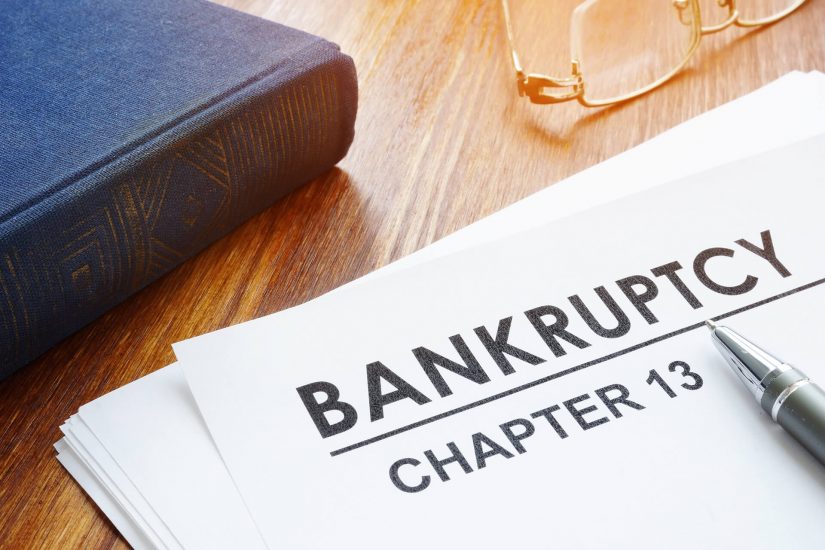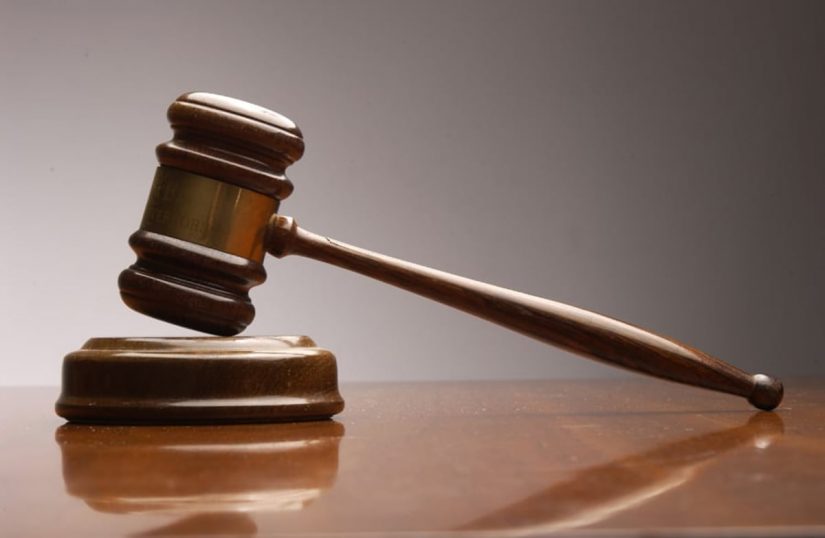Chapter 13 Bankruptcy Attorney in Denver

Hiring a Chapter 13 Bankruptcy attorney in Denver, Colorado can be a very effective way to handle debt. The purpose of a Chapter 13 Bankruptcy is to allow those who are honest but have had a financial setback to get a fresh start by paying a portion of their debt and getting rid of (“discharging”) the remainder of their unsecured debt.
How Chapter 13 Works
Chapter 13 has some distinct advantages over Chapter 7. First and foremost, there is no “liquidation” in Chapter 13, so generally speaking, you will not be turning over assets, which is a possibility in Chapter 7 (note, however, that most assets are protected, even in Chapter 7). In a Chapter 13 Bankruptcy, you retain your assets and propose a payment plan to the court. If your plan is confirmed, you will then make a monthly payment for a period of usually 36 to 60 months. The advantage of Chapter 13 Bankruptcy over debt consolidation programs is that it is a court-approved and court-enforceable repayment plan. This means your Chapter 13 plan is binding on your creditors. This differs from debt consolidation programs which are not enforceable against your creditors unless they all voluntarily agree to your consolidation.
Another benefit of Chapter 13 is that while Chapter 7 has an income limit requirement in order to qualify. In Chapter 13, even individuals with above-average incomes can file a Chapter 13 in order to get their debts repaid on a more affordable basis.
Chapter 13 Helps Eliminate Tax Debt
Chapter 13 can also be a good way to handle tax debt. If you owe debt to the IRS or a state tax entity, you can pay the tax debt through a Chapter 13 plan. This means you can stop tax collection activities such as IRS garnishments and Colorado tax garnishments, and instead, force the IRS or state tax entities to accept payments through your Chapter 13 plan. You may be able to discharge some taxes in your Chapter 13 plan, and then will have 36 to 60 months to pay the rest of the non-discharged taxes. At the end of the plan, you will have paid off your taxes, along with getting a discharge of the majority of your other unsecured debts.
What You Can Expect from the Chapter 13 Process
The Chapter 13 process begins with a meeting, usually by telephone, with a Denver Bankruptcy lawyer. During the initial consultation, we will discuss the big picture for you financially, and determine the best course of action. We will discuss both bankruptcy and non-bankruptcy options. If you choose to do a Chapter 13 Bankruptcy in Denver, Colorado, the next step is to establish a plan of action including when to file, and what things to do to prepare for filing so that your case goes as smoothly as possible. There are many actions that people take in normal life that can cause issues in a bankruptcy. I will advise you to help make sure you are aware of the “dos” and “don’ts” to protect your assets as much as possible and avoid getting entangled in difficult legal situations once your case is filed. Like any other area of the law, the bankruptcy code is complex. Chapter 13 is more complex than Chapter 7, and therefore, if you are considering Chapter 13, it is important to select a Denver Bankruptcy attorney who has substantial experience with Chapter 13 to make sure you can get rid of your debt, and protect your assets in the process.
Your Chapter 13 Repayment Plan
Once we have planned when to file and gone over the “do’s” and “don’ts”, I will draft your Chapter 13 Bankruptcy Petition and your Chapter 13 Plan. I will then meet with you personally or by telephone to review and sign the Petition and the Chapter 13 Plan. Most bankruptcy case filings range from about 50 to 90 pages, and then the plan itself is about 9 pages, so it is important to get them drafted correctly to avoid your case being rejected. I will then file your case with the Colorado Bankruptcy Court and ensure everything that needs to be filed is filed correctly and on time. On the date that you file your case, all collection efforts, including creditor phone calls, creditor letters, and even pending lawsuits, must immediately stop (with some very rare exceptions) because an “automatic stay” goes into effect immediately upon filing your case. The case will then proceed and any creditors may only communicate with you through your Denver Bankruptcy attorney.
The 341 Meeting

You will attend a hearing called a “341 Meeting of Creditors”. I will represent you at that hearing and will make sure that we submit the proper documentation to the Bankruptcy Trustee, I will prepare you for what questions to expect and will make sure that you are otherwise prepared. The Bankruptcy Trustee will ask you questions and then after the hearing, I will work with the Trustee and file all additional documents necessary to get your plan confirmed. Once the court has confirmed your plan, you will continue making your monthly payments until your plan is complete. Once you have made your final payment, I will file additional documents to meet the legal requirements, and then you will receive an “Order of Discharge”, which is a federal court order telling your creditors that they can no longer attempt to collect debt from you (with some exceptions like student loans, some taxes and some other rare debts). At that point, those debts are behind you and you will move on and begin building for the future.
Colorado Chapter 13 Facts
Chapter 13 is less common than Chapter 7 in the state of Colorado. This may be because you have to have income and the ability to make payments to file for Chapter 13. In 2019, 2463 individuals filed for Chapter 13 Bankruptcy, while 8512 filed for Chapter 7. These chapter percentages are fairly consistent year after year, regardless of the state of the economy.
Chapter 13 Frequently Asked Questions
As a Chapter 13 Bankruptcy attorney in Denver, I receive numerous questions from clients. Here are the most commonly asked Chapter 13 questions and their corresponding answers.
Will I lose my house or car by filing for Chapter 13?
Unlike the case with Chapter 7, there is no liquidation of assets under Chapter 13. You will determine a payment plan based on what you owe to creditors and the income you have available to you. As long as you abide by the terms of that payment plan, your creditors cannot foreclose on your home or repossess your property.
How does the automatic stay work?
Once you begin bankruptcy proceedings, the judge will issue you an automatic stay. That means that your creditors cannot pursue you for your outstanding debts. This can be an enormous relief if you have bill collectors trying to contact you at work. If they violate the stay, your Chapter 13 Bankruptcy lawyer can take them to court.
What happens if I miss my Chapter 13 payment?
If you miss a payment on your Chapter 13 Bankruptcy plan, your creditors can petition the court to have the stay lifted. Your payment plan is a compact with your creditors. If you fail to live up to your end of that compact, they may choose to foreclose on your home or repossess your property.
Can I file Chapter 13 Bankruptcy without a lawyer?
There is no law requiring you to use an attorney for Chapter 13 Bankruptcy, but the laws around bankruptcy, and Chapter 13 in particular, are complex. The huge majority of Chapter 13 cases filed without an attorney do not get confirmed and result in dismissal. You’re much better off working with an experienced Chapter 13 attorney in Denver and the majority of the attorney fees can be paid after the case is filed.
Denver Chapter 13 Bankruptcy Attorney

If you find that you’re unable to meet your obligations and you’re in the red month after month, it’s time to take action. Chapter 13 will allow yo to develop a manageable payment plan. And you can even keep your home, car, and other assets.
Due to the complexity of Chapter 13 Bankruptcy, it is highly recommended that you speak with a Denver, Colorado Bankruptcy Lawyer. If you believe that Chapter 13 might be right for you, please call me at 303-945-5822 and we can discuss your case in more detail.

